Let us discuss some measures to safeguard eyes and ear care for babies.
How can I keep my baby’s eyes and ears clean?
For the optimal ear and eye care of a newborn baby, choose a time when your little one is comfortable. A few baby eye care tips to clean your baby’s eyes and ears are as follows:- Although your newborn needs to be bathed just twice or thrice a week, you can clean their faces and bottoms every day. Dip a cotton ball in lukewarm water and gently wipe both eyes from the inside corner to the outside. Use a fresh cotton ball to wipe each eye. With a fresh wet cotton ball, wipe on the outside and around the ears. Dry them gently with a soft towel. Do not put a cotton swab or anything inside your baby’s ears as it can cause damage.
- You can encourage toddlers to wash their hands before touching their eyes.
- If your child has water accumulated in the ears after swimming or a bath, you may use a soft cloth to remove the moisture. Avoid making the outer part of the ear too dry, as it may become prone to cuts and infection.
How can I manage my baby's common eye and ear problems?
Eye injuries, infections, and ear problems may cause discomfort for your child. Here is how you can deal with some of these issues:- Consult a medical professional if your baby develops redness in the eyes, itching, or a yellow discharge. Make sure you don't touch the eye and the surrounding area.
- Before applying eye medication, gently clean your hands and wipe away any dried discharge with a damp cloth. Wash your hands once more after you're done.
- For minor eye irritation, pour clean water gently over the eye. Visit a doctor if the irritation persists. However, if an object, like a piece of metal or glass, is stuck in the eye, immediately seek medical help. Keep your baby from rubbing and touching the eye and do not try to remove it as this can scrape the object across the eye, causing damage.
- Wax build-up in your child’s ear is natural. Do not try to remove it. See a doctor if it causes discomfort.
- An ear infection may result in fever, pain, fluid oozing out of the ear, and difficulty hearing. Your child may cry a lot more than usual and have trouble sleeping. See a doctor as soon as possible for proper advice.
What can I do to improve my baby’s eyesight?
Vitamin A plays a vital role in your baby’s eyesight. Additionally, it helps your child see colour, is great for night vision and boosts your child’s immunity. You may include the following vitamin A-rich foods in your baby’s diet for better eye care of a newborn baby:- Vegetables such as sweet potatoes, carrots, tomatoes, and spinach.
- Milk fortified with vitamin A.
- Fresh fruits such as oranges, mangoes, pineapples, melons, grapes, and strawberries.
- Fish, chicken, and eggs.
- Go for regular eye check-ups.
- Avoid exposure to direct sunlight.
- To stimulate your baby’s vision, play peek-a-boo with high-contrast toys.
Are there any precautions to protect my child’s hearing?
Loud noises can cause hearing loss in children. You may protect your child’s hearing in the following ways:- Maintain a safe distance from fireworks and other noise sources whenever possible.
- Turn the volume down on TVs, music players, and other listening devices.
- Use ear protection, such as earmuffs or earplugs in noisy places.
- Stick a piece of tape over the speaker of a noisy toy or remove the batteries.




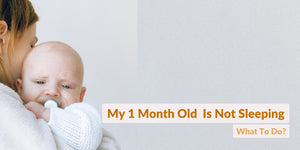
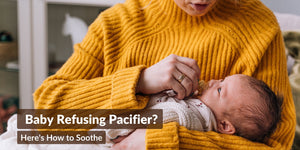
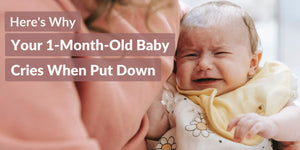
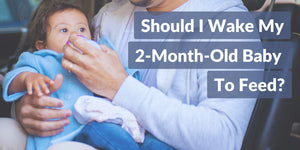
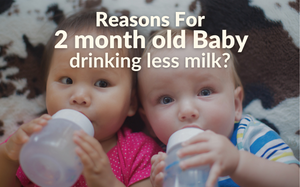
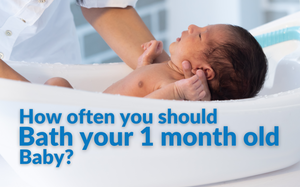

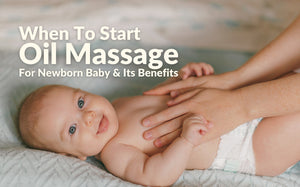

LEAVE A COMMENT